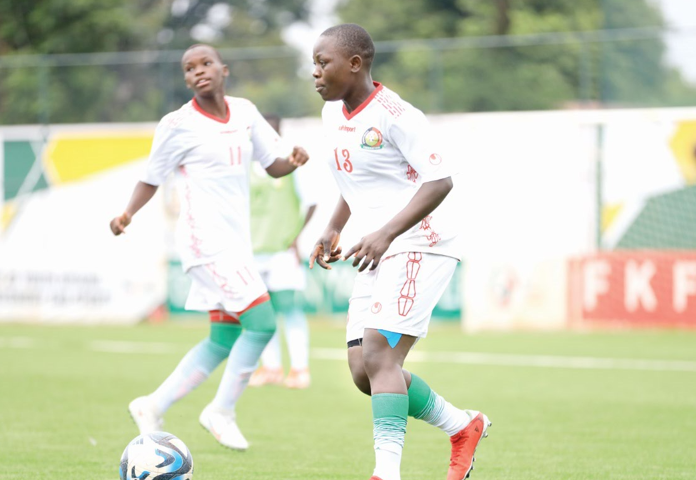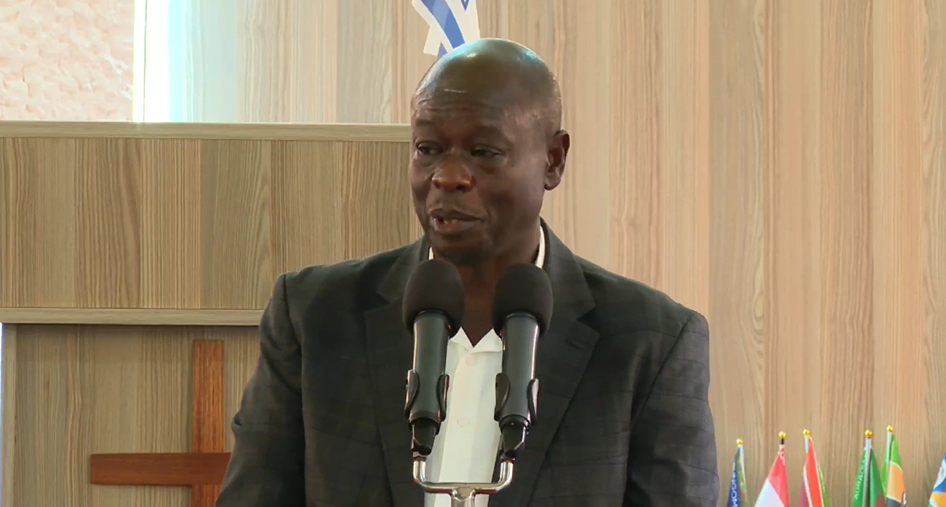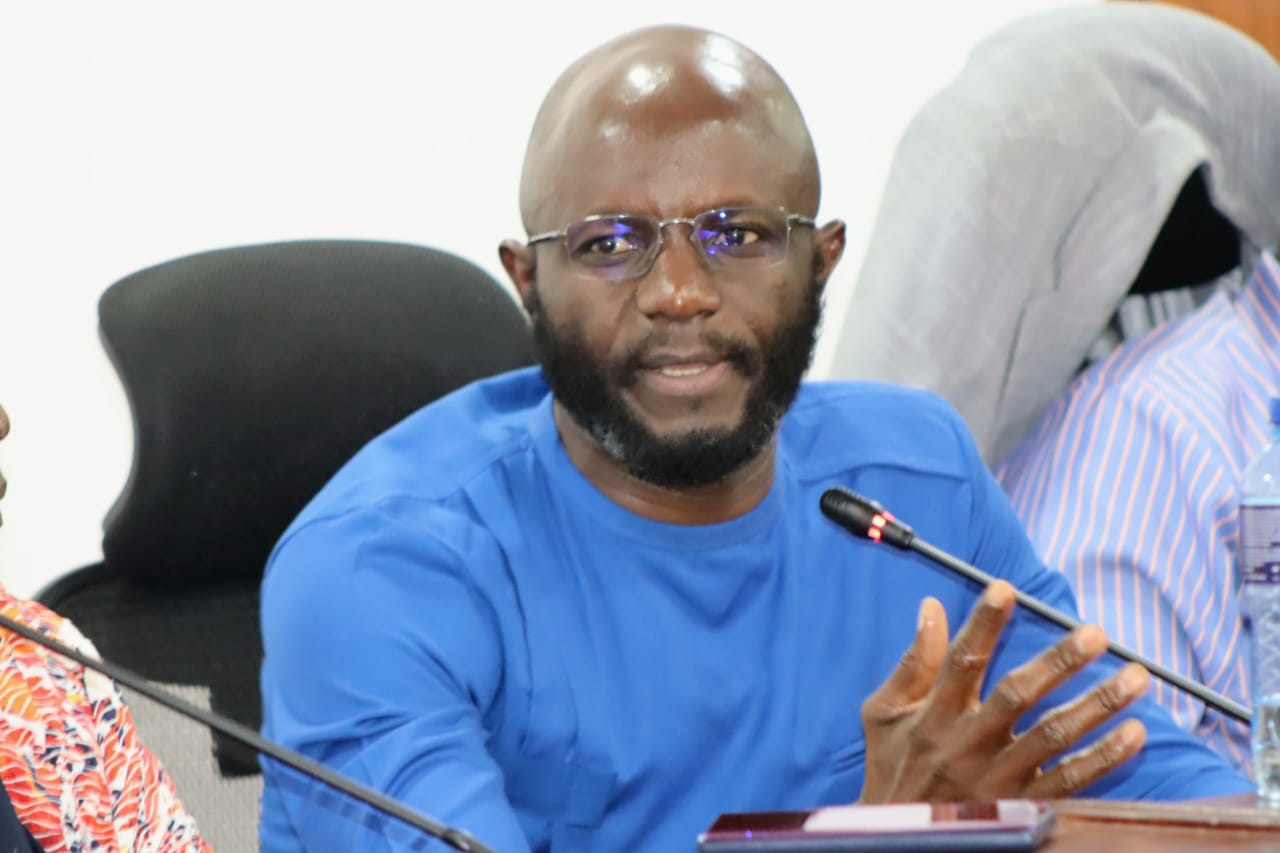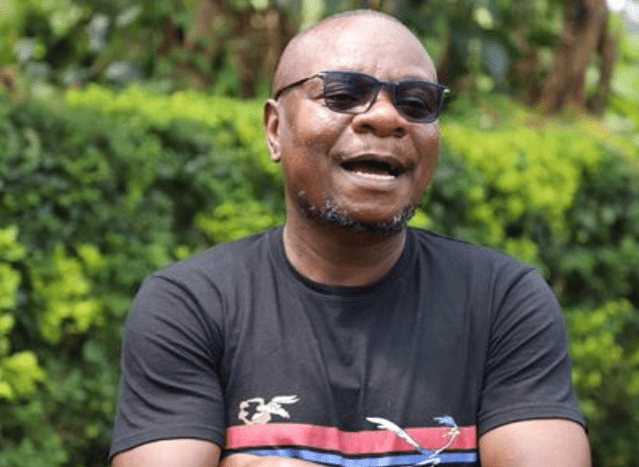Coronavirus: How families are now burying their loved ones
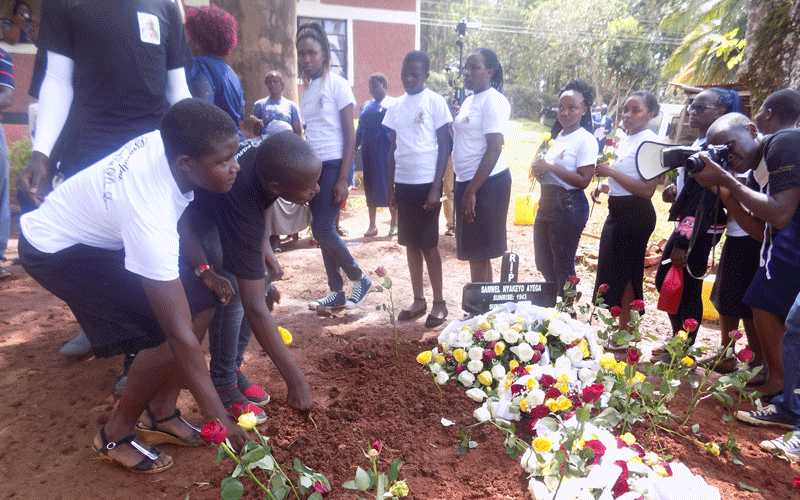
By Wangari Njuguna, James Magayi and Robert Ochoro
The coronavirus pandemic has dramatically changed how families are burying their loved ones.
This follows the government’s directive against huge gatherings and limiting the attendance of funerals to only nuclear family members.
Further, no food is to be served in funerals. No vigils. No requiem masses. No viewing of the body. No burial services.
No communal digging and filling up of graves and no speeches. Only 45 minutes are allowed for the interment and under the supervision of the provincial administration.
“It is a wrong time to die,” said Roseline Wangui from Kirinyaga, during the burial of her grandmother.
“We were not even given time to mourn. This is not the best time to die. Budget was low and we were given only 45 minutes to conduct the burial. The chief ensured we sat one metre apart.
The worst was having to fill up the grave on our own because the chief and police allowed only family members to attend the funeral,” she said.
This is the situation across the country as families have been forced to lock out close relatives and friends from attending funerals of individuals who had a great impact on their lives.
The limitation of attendance to funerals has painted a grim reality of the pandemic to communities that have traditionally been accustomed to elaborate sendoffs for their loved ones, often punctuated by huge gatherings and colourful tributes by friends, family members and colleagues.
In Murang’a, county commissioner Mohammed Bare ordered a group of mourners who were headed to a funeral in Kigumo go back home.
“We said the maximum number of people who should attend a funeral is 15 and this would only include immediate family members,” he said.
“If we get 50 people or 60 people coming for a funeral, we shall turn them away regardless of where they shall have come from,” he added.
On Saturday, another group of mourners in Maragua, lower Murang’a, was turned away with the family being given less than 30 minutes to conduct the funeral service.
A similar situation was witnessed in Mukuyu where hundreds of mourners had turned up to bid farewell to a renowned businessman.
The mourners were not allowed to view the body at the mortuary and hoped they would get a chance to attend the service but this, too, was not allowed.
Virtual meetings
In Kisii, friends and family members of veteran teacher Samwel Nyakeyo Ayega in Bokeira village, Bonchari, were also not able to mourn their mentor “properly”.
Only 15 family members were allowed to witness the final farewell of a man who touched thousands of lives throughout his teaching career.
Philp Ayega, Nyakeyo’s brother, said they were aware of the government directive that only 15 family members are allowed to inter their kin.
He told People Daily they had informed relatives about the directive and some were disappointed since they wanted to have a chance to speak during the funeral.
The immediate family of the deceased was forced to close the gate to ensure the chosen few washed and sanitised their hands to prevent the spread of the virus.
Nyakeyo, 77, taught at Kisii School and served as principal of Nyakeiri High School before he was promoted as a senior principal at Kisii National Polytechnic where he worked until 2000 when he retired.
Deputy County Commissioner Moses Ndiema and the area police boss Peter Machani were at the funeral to ensure that the family complied with the directive.
In Kisumu, the tribulations of the family and friends of veteran football coach Henry Omino, who passed on last Friday aged 71, typifies the disruptions communities have to contend with to keep the virus at bay.
At his age, Omino was a respected elder in the Luo community yet funeral arrangements are uncharacteristically low key.
Evening meetings ahead of the burial have been substituted with virtual meetings and fundraisers on social media sites Facebook and Whatsapp.
The family of deceased legendary Kisumu teacher Hezekiah Owiny Awange is facing similar circumstances.
His first born, Dr George Owiny, who works in the UK and his two daughters cannot travel for the burial.
“In our traditions, the grave does not disappear. I will give my father the deserved respect when I come back home,” said Jackline Akoth, a daughter of the deceased.
